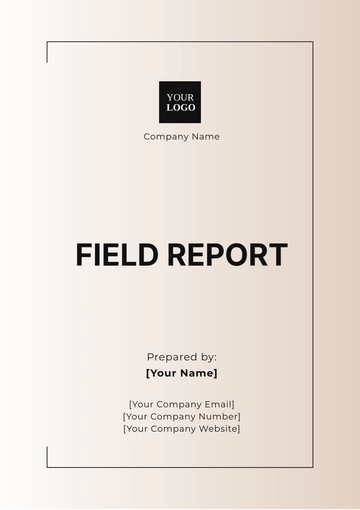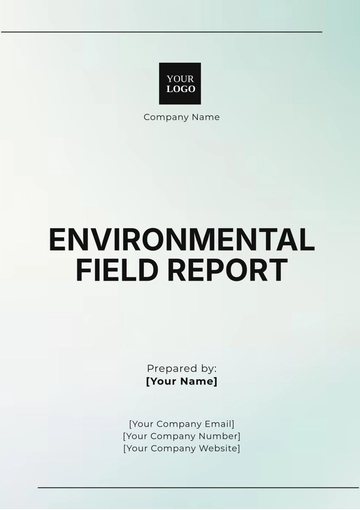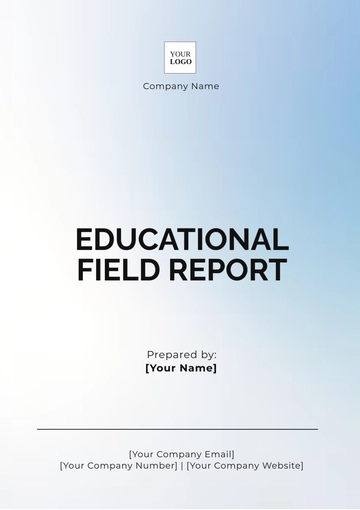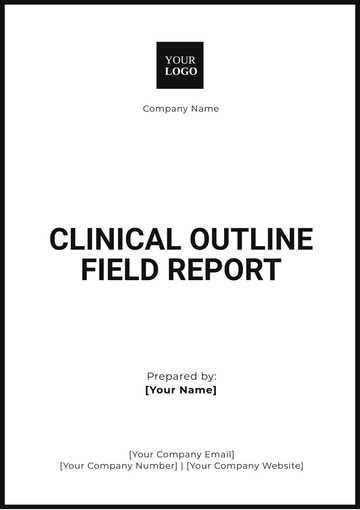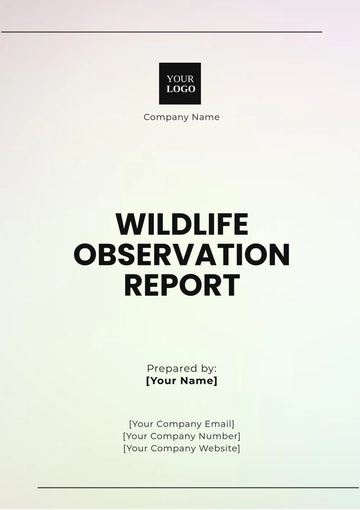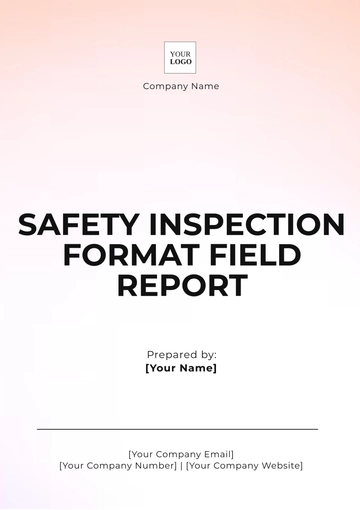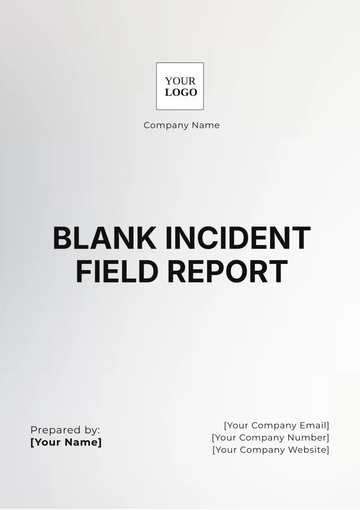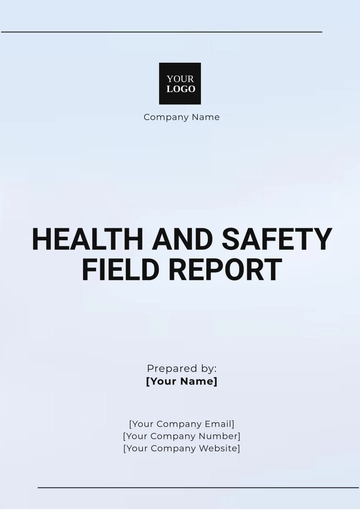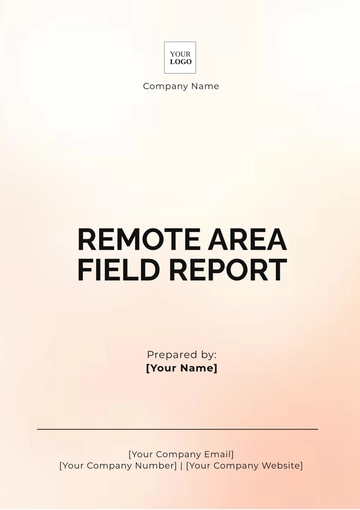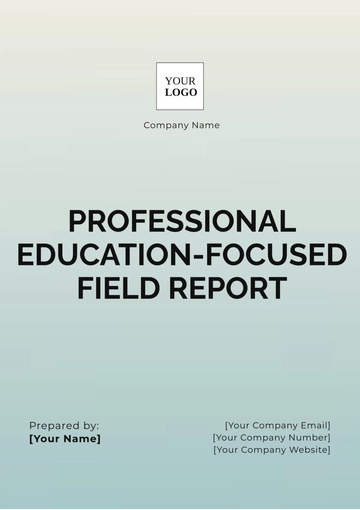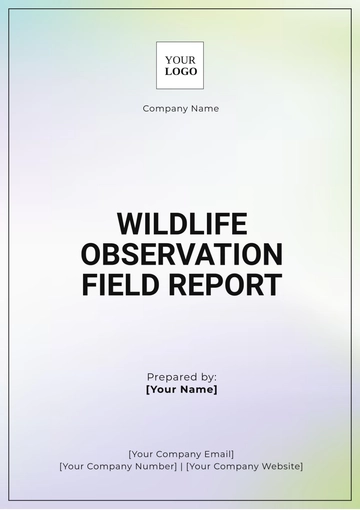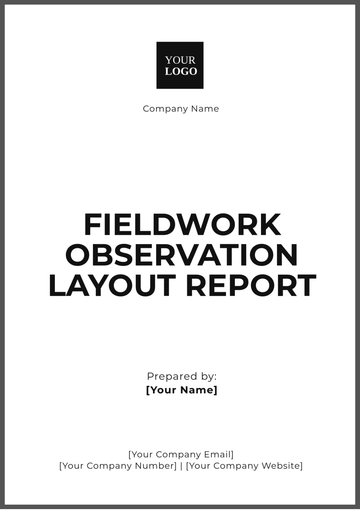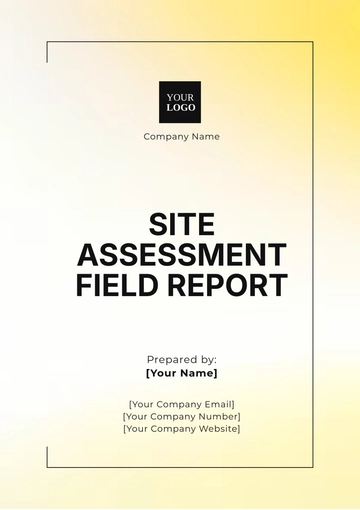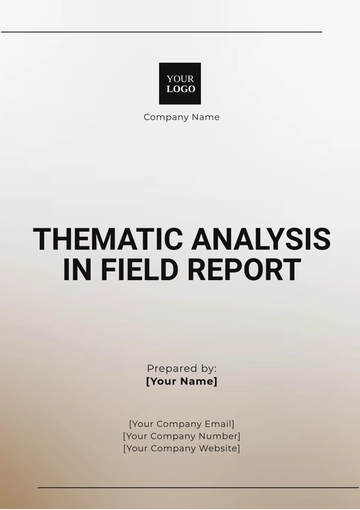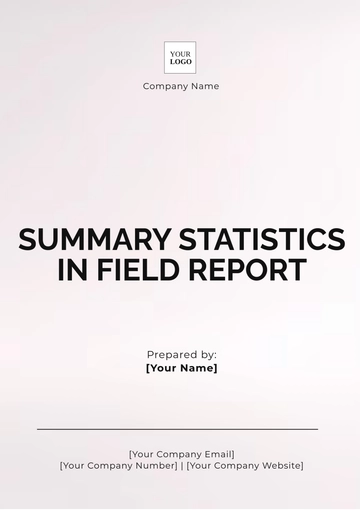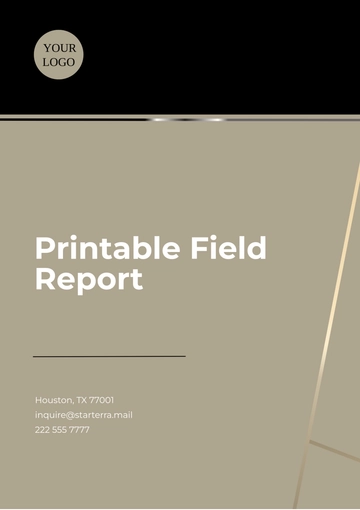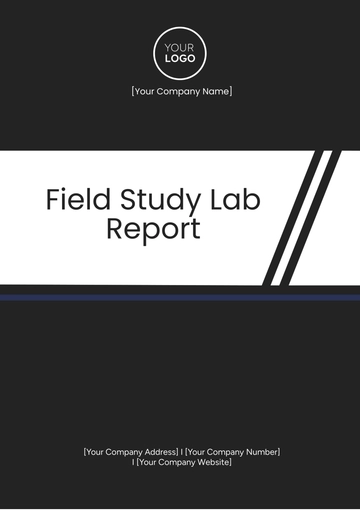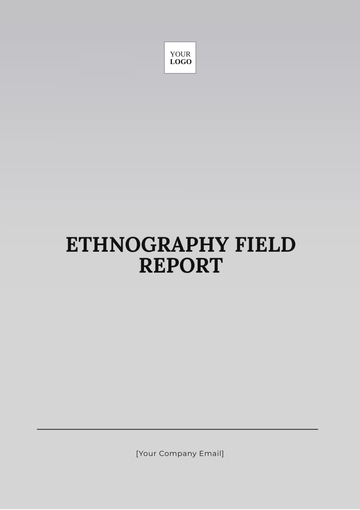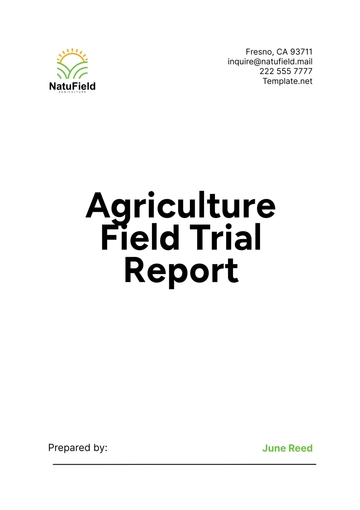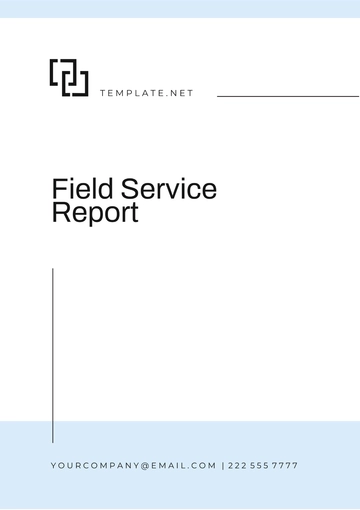Free Professional Education-Focused Field Report
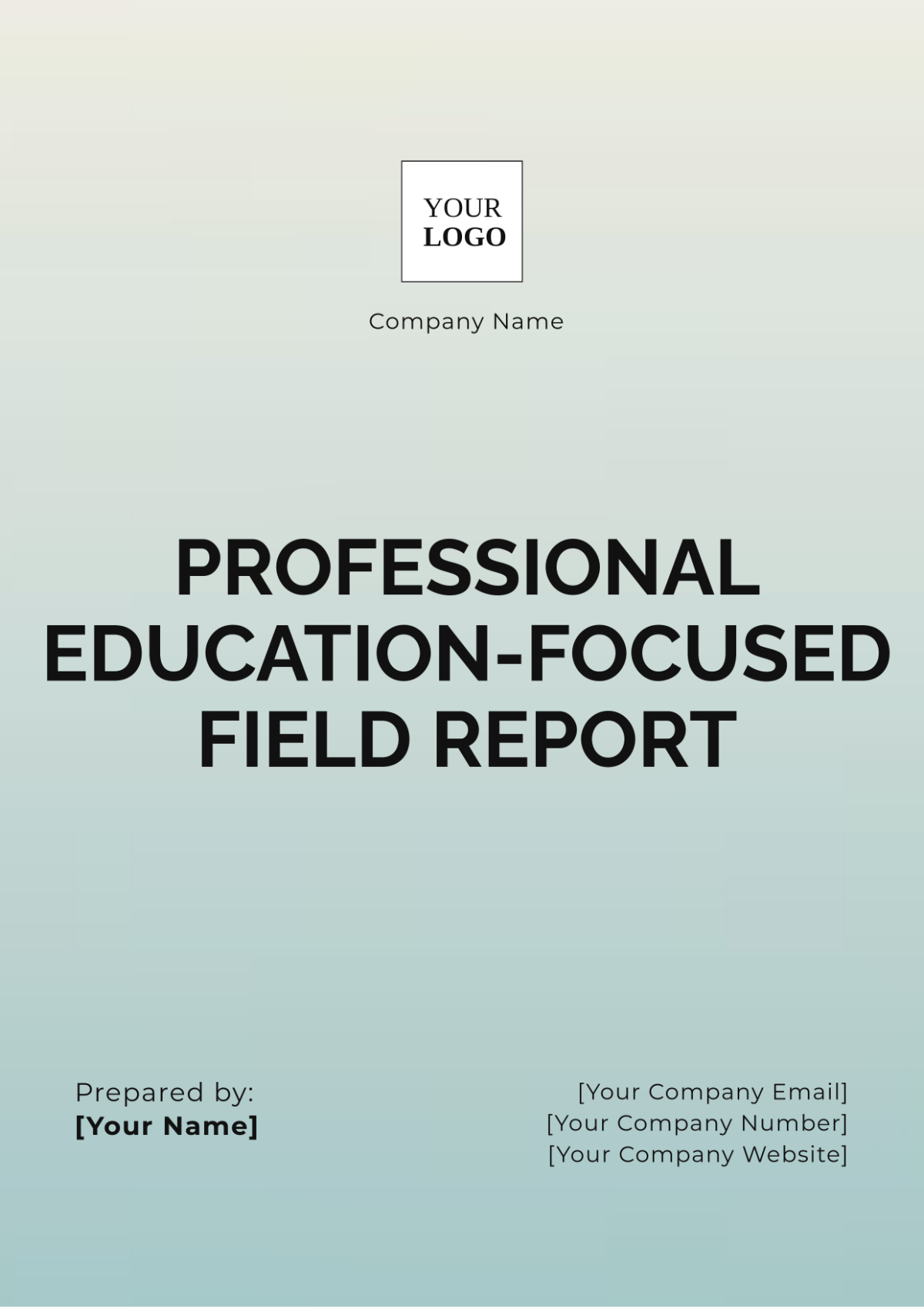
Prepared by: [Your Name]
Date: [Date]
I. Introduction
This field report delineates an in-depth examination of educational practices, focusing on the application of educational theories within real-world learning environments. The objective is to observe how pedagogical methods influence student engagement and learning outcomes. Drawing from direct classroom observations, this report analyzes various strategies and reflects on their efficacy, offering conclusions and recommendations for enhancing teaching effectiveness.
II. Description of the Field Experience
A. Setting and Context
The field experience was conducted at School Inc., a suburban public school known for its diverse student body and innovative teaching approaches. The selected classroom was a fourth-grade class, characterized by a mix of traditional and modern educational practices.
B. Objectives
To observe the implementation of educational theories in a classroom setting.
To analyze the effects of different pedagogical methods on learner engagement.
To identify areas for improvement in teaching practices.
III. Observation and Analysis
A. Observation
The observation spanned one full day, divided into several sessions focusing on different subjects. The educator employed a variety of instructional strategies to accommodate varying learner needs. Notably, cooperative learning techniques and digital learning tools were observed.
Session | Subject | Instructional Method | Observed Student Response |
|---|---|---|---|
Morning | Mathematics | Lecture and Group Work | High engagement during group discussions |
Midday | Science | Hands-on Experimentation | Increased curiosity and active participation |
Afternoon | History | Interactive Digital Tools | Moderate engagement with tech-driven lessons |
B. Analysis
The utilization of cooperative learning was highly effective in promoting engagement, as evidenced by active student participation and collaboration. Hands-on experimentation in science fostered deep curiosity, aligning with constructivist learning theories. However, the use of digital tools in history required better integration to fully captivate learners, suggesting the need for more interactive content.
IV. Reflection
This field experience highlighted the tangible benefits of applying educational theories such as constructivism and cooperative learning in classroom settings. Observing these strategies reinforced their potential to enhance learning when implemented effectively. It became apparent that the teacher's role in facilitating discussions and guiding inquiry is pivotal in maximizing educational outcomes. The insights gained emphasize the importance of adapting teaching methods to fit the unique dynamics of each classroom to foster an inclusive and engaging learning environment.
V. Recommendations or Conclusions
A. Recommendations
Integrate interactive digital tools with traditional teaching to balance technology and personal interaction.
Encourage more collaborative projects to build teamwork and communication skills among students.
Provide professional development for teachers on incorporating diverse teaching strategies to address varied learning styles.
B. Conclusions
The field experience affirms that applying educational theories in practice benefits student engagement and learning. Effective pedagogical methods should be diverse and adaptable to suit different learning environments. Continued professional development is essential to evolve teaching methods and leverage innovative educational practices for optimal learning.
VI. References
Johnson, D. W., & Johnson, R. T. (2050). An Educational Psychology Success Story: Social Interdependence Theory and Cooperative Learning. Educational Researcher, 38(5), 365-379.
Johnson, D. W., & Johnson, R. T. (2051). An Educational Psychology Success Story: Social Interdependence Theory and Cooperative Learning. Educational Researcher, 38(5), 365-379.
Johnson, D. W., & Johnson, R. T. (2052). An Educational Psychology Success Story: Social Interdependence Theory and Cooperative Learning. Educational Researcher, 38(5), 365-379.
Johnson, D. W., & Johnson, R. T. (2053). An Educational Psychology Success Story: Social Interdependence Theory and Cooperative Learning. Educational Researcher, 38(5), 365-379.
- 100% Customizable, free editor
- Access 1 Million+ Templates, photo’s & graphics
- Download or share as a template
- Click and replace photos, graphics, text, backgrounds
- Resize, crop, AI write & more
- Access advanced editor
Elevate your educational assessments with the Professional Education-Focused Field Report Template available at Template.net. This customizable template allows educators to document observations, outcomes, and recommendations effectively. Fully editable in our Ai Editor Tool, you can adjust each section to fit your specific educational context. Ensure a professional presentation while providing valuable insights into student performance and curriculum effectiveness with this essential field report template.
You may also like
- Sales Report
- Daily Report
- Project Report
- Business Report
- Weekly Report
- Incident Report
- Annual Report
- Report Layout
- Report Design
- Progress Report
- Marketing Report
- Company Report
- Monthly Report
- Audit Report
- Status Report
- School Report
- Reports Hr
- Management Report
- Project Status Report
- Handover Report
- Health And Safety Report
- Restaurant Report
- Construction Report
- Research Report
- Evaluation Report
- Investigation Report
- Employee Report
- Advertising Report
- Weekly Status Report
- Project Management Report
- Finance Report
- Service Report
- Technical Report
- Meeting Report
- Quarterly Report
- Inspection Report
- Medical Report
- Test Report
- Summary Report
- Inventory Report
- Valuation Report
- Operations Report
- Payroll Report
- Training Report
- Job Report
- Case Report
- Performance Report
- Board Report
- Internal Audit Report
- Student Report
- Monthly Management Report
- Small Business Report
- Accident Report
- Call Center Report
- Activity Report
- IT and Software Report
- Internship Report
- Visit Report
- Product Report
- Book Report
- Property Report
- Recruitment Report
- University Report
- Event Report
- SEO Report
- Conference Report
- Narrative Report
- Nursing Home Report
- Preschool Report
- Call Report
- Customer Report
- Employee Incident Report
- Accomplishment Report
- Social Media Report
- Work From Home Report
- Security Report
- Damage Report
- Quality Report
- Internal Report
- Nurse Report
- Real Estate Report
- Hotel Report
- Equipment Report
- Credit Report
- Field Report
- Non Profit Report
- Maintenance Report
- News Report
- Survey Report
- Executive Report
- Law Firm Report
- Advertising Agency Report
- Interior Design Report
- Travel Agency Report
- Stock Report
- Salon Report
- Bug Report
- Workplace Report
- Action Report
- Investor Report
- Cleaning Services Report
- Consulting Report
- Freelancer Report
- Site Visit Report
- Trip Report
- Classroom Observation Report
- Vehicle Report
- Final Report
- Software Report
